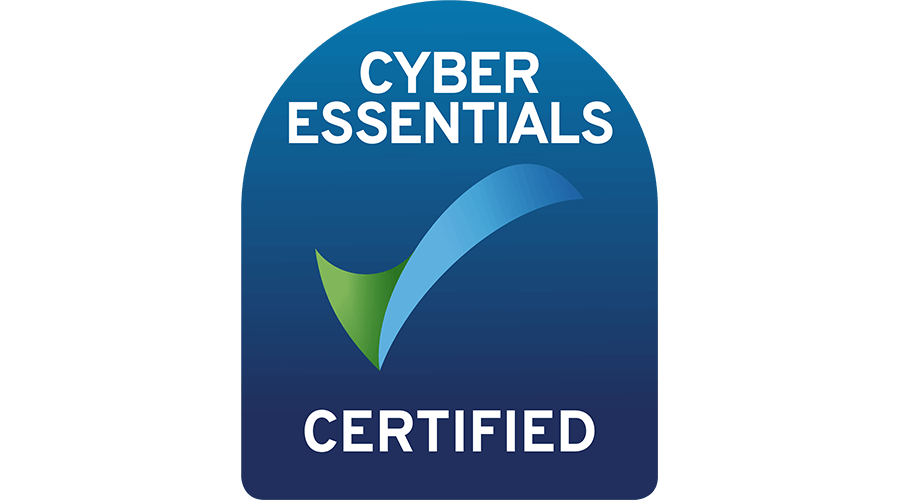Italian biotech FEM2-Ambiente has developed a DNA barcoding tool for food companies to increase food safety by verifying ingredients and tracing contaminants in raw and processed foods. The company hopes that the system will improve food safety and uncover food fraud by reducing the need for equipped laboratories and highly qualified personnel when inspecting food products.

DNA Barcoding
The technology uses DNA barcoding to identify plant, animal and microbial species. As DNA can be extracted from species in a variety of formats, such as fresh, dried, material or product mixtures, the technology can be used as an identification tool or to trace the presence of contaminants. The company’s scientific director hopes that this technology will allow them to guarantee the quality and purity of products that are being placed on the market, increasing their safety and preventing food fraud.
In the food sector, DNA barcoding could be used at different points along the production chain to control for product safety. In practice, FEM2-Ambiente’s service can be applied to products of animal origin, like meat and fish and milk, to identify the species.
But as it develops, the technology could be used to test the purity of plant-based products such as fruit and vegetables and spices, as well as processed foods.
Currently, barcodes are utilised in the food industry for labelling, like in fisheries, where incorrect labelling is quite commonplace.
However, with genetic identification of species using barcoding, FEM2-Ambiente hope to better control quality, excluding fraud and errors at different points in the supply chain. It could also provide information on the origin of the products as belonging to a particular species from a specific territory.
Applications in the Supply Chain
While FEM2-Ambiente’s services can be used to uncover fraud and labelling errors, the primary purpose of the technology goes beyond the inspection of the final product. They aim to provide companies with a tool to control the raw materials purchased to enhance the market quality and the purity of products.
The firm’s “DNA in the supply chain” project has allowed researchers to:
- Define the productive sector in which the use of DNA barcoding techniques might be useful.
- Identify the most suitable points of the supply chain for the application of the method.
- Evaluate and define the timing based on the needs of the companies.
- To test in different situations the sampling and analysis methods of the different types of matrices.
- Evaluate the degree of interest companies have for the result obtained and the possible impact the technique could have on the market for genetically controlled products.
Food Fraud
Food fraud is when a provider misrepresents what is in their product. At best, this kind of practice could have no effect on a person’s health, but at worst, it could have devastating life or death consequences for certain individuals who suffer from life-threatening allergies.
FEM2-Ambiente’s technique allows them to check the food product’s DNA sequencing to detect contaminants much better than traditional chemical analysis. An example is mustard, which can be a dangerous allergen to some. With traditional detection methods, mustard is difficult to distinguish from its non-allergenic relative rapeseed. But for FEM2-Ambiente, their technology can differentiate between these two plant species.
Developed countries are not unaffected by food fraud. Who could forget the infamous horse meat scandal that plagued Europe back in 2013? It was a public scare at the time and damaged the public’s trust in meat providers. DNA sequencing could have helped to prevent this kind of misrepresentation.
The commercial use of DNA sequencing in food safety is relatively uncommon, but it is gaining momentum over time. As it becomes more mainstream, FEM2-Ambiente could take a leading role with all their experience. They are currently developing DNA test kits that do not require trained staff or expensive machines to use, so customers can analyse samples on-site, bringing this kind of food identifying technique into the mainstream.

At GSM Barcoding, we’re always excited to learn about the incredible applications that barcodes are being used for across the world. If you’re a small business and you’re looking to optimise your supply chain, consider asset labels from GSM Barcoding. We have over 40 years’ experience providing bespoke barcoding solutions for businesses, including barcode label printing and complete inventory software management systems. Contact us today, and a member of our team would be more than happy to help you find what you’re looking for.


















